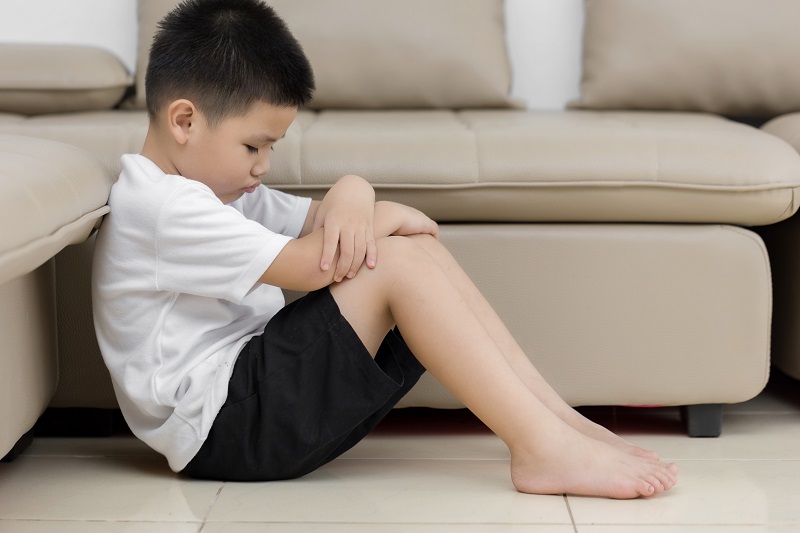Coping with a child diagnosed with Oppositional Defiant Disorder (ODD) can be both challenging and overwhelming. The chronic pattern of defiant, disobedient, and hostile behaviors towards authority figures can strain even the most resilient families. However, as experts in mental health at Pandora’s House Psychiatry, we’re here to share some effective strategies that can help manage defiant behaviors.

Understanding Oppositional Defiant Disorder
ODD is characterized by a pattern of angry, irritable mood, argumentative, defiant behavior, or vindictiveness lasting for at least six months. Children with ODD often lose their temper, argue with adults, defy or refuse to comply with rules, deliberately annoy others, blame others for their mistakes, and are often touchy and easily annoyed by others.
Understanding the root cause of this disorder is crucial in managing it. There’s no one cause for ODD; it’s a mix of genetic, biological, and environmental factors. Therefore, the management of ODD involves a multi-faceted approach that includes the child, family, and other key people in the child’s life like teachers.
Parent Training Programs
Parent training programs have shown to be effective in managing defiant behaviors in children with ODD. These programs teach parents how to positively alter their child’s behavior. Techniques such as praising good behavior, ignoring mild inappropriate behavior, and creating a reward system can help.
Cognitive Problem-Solving Skills Training
This strategy involves teaching children how to identify and change thought patterns that lead to behavior problems. Cognitive problem-solving skills training can help children with ODD learn how to control their impulses, think through problems, and develop more adaptive behavior.
Family Therapy
Family therapy is beneficial as it aims to improve communication and mutual understanding between family members. It can also help families cope with the stress of living with someone with ODD. This therapeutic approach can provide families with tools to handle conflicts and defiance in a more constructive manner.
School-Based Programs
Coordinating with schools is vital in managing defiant behaviors. School-based programs can include teacher-administered behavior therapy aimed at improving problem-solving skills and reducing negative behavior. Schools can also aid by creating a more structured learning environment to help children with ODD succeed academically.
Individual Psychotherapy
Individual psychotherapy can assist a child in better understanding and expressing feelings, developing coping mechanisms, and improving social skills. Working one-on-one with a mental health professional can often lead to significant improvements in defiant behaviors.
Creating a Nurturing Environment
Living with or caring for a child with ODD is challenging, but remember that you’re not alone. There are numerous strategies and therapies to help manage defiant behaviors. The key is patience, consistency, and nurturing an environment that fosters understanding and change. At Pandora’s House Psychiatry, we are committed to helping families navigate the complexities of ODD and other behavioral disorders.
Reach out to us if you’re dealing with the challenges of ODD. Our dedicated team of professionals can provide you with resources, support, and a tailored treatment plan. Remember, there’s always help and hope in understanding and managing ODD.
